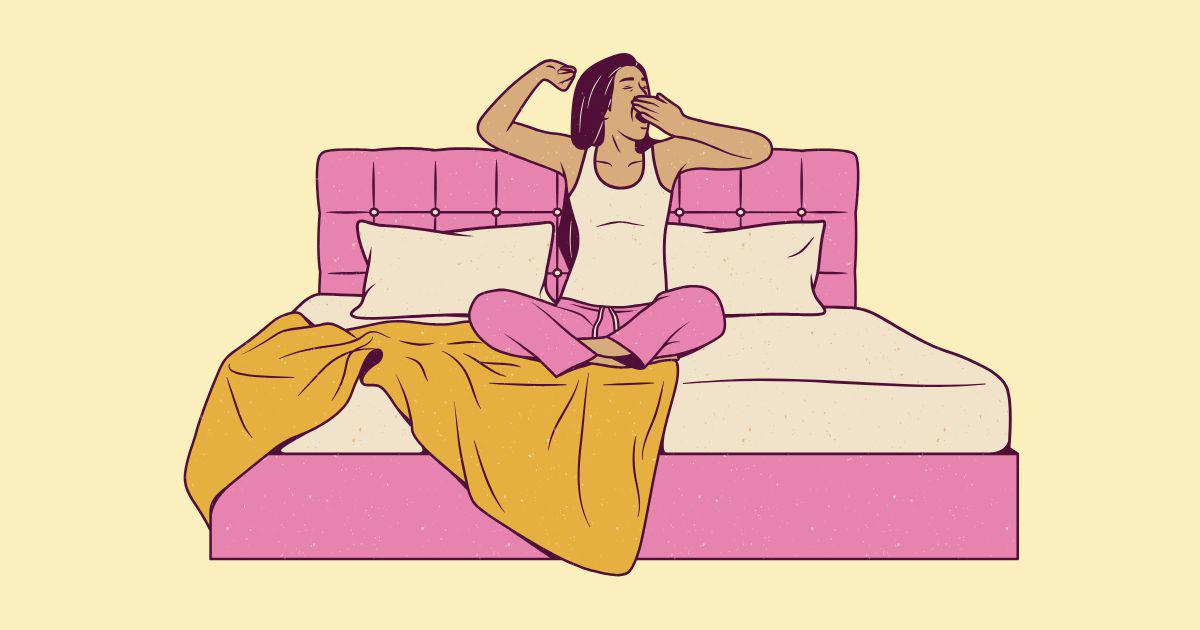Good intentions can sometimes make things worse. Sleep hygiene refers to the habits and environmental factors that promote good sleep, such as keeping a regular bedtime, avoiding screens before bed, and cutting back on caffeine. These are sensible tips for healthy sleepers. But for people with insomnia, some sleep hygiene practices can backfire – reinforcing sleeplessness rather than resolving it. Spending more time in bed. When sleep isn’t coming easily, it’s tempting to go to bed earlier or lie in later, hoping to “catch up”. But this strategy often backfires. The more time you spend in bed awake, the more you weaken the mental association between bed and sleep – and strengthen the link between bed and frustration. Instead, try restricting your time in bed. Go to bed a little later and wake up at the same time each morning. This strengthens sleep pressure – your body’s natural drive to sleep – and helps restore the bed as a cue for sleep, not wakefulness. Strictly avoiding screens, we’re often told to ditch screens before bed because the blue light they emit suppresses melatonin, a hormone that helps regulate sleep. But this advice may be overly simplistic. In reality, people with insomnia may reach for their phones because they can’t sleep – not the other way around. Lying in the dark with nothing to occupy your mind can create the perfect storm for anxiety and overthinking, both of which fuel insomnia. Rather than banning screens entirely, consider using them strategically. Choose calming, non-stimulating content, use night-mode settings, and avoid scrolling mindlessly. A quiet podcast or gentle documentary can be just the right distraction to help you relax.
Thank you for reading this post, don't forget to subscribe!Five Sleep Hygiene Practices That Do More Harm Than Good For Insomnia



